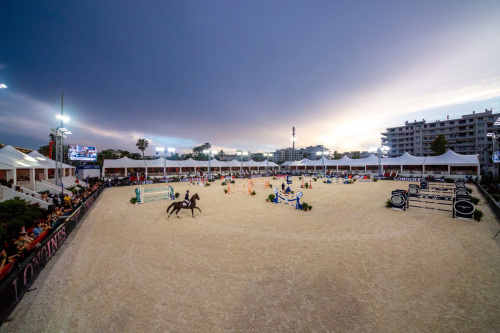On normal conditions we would never believe horseflies could kill our beloved horse. Nevertheless these annoying animals are worse than normal, due to the mild and wet winter. Catherine Jones’ eight-year-old Black Attack, known at home as Sooty, became so agitated by horseflies that he reared up and fell, landing on his head on the concrete. He was put down shortly after the accident last month (25 July). “It’s extremely upsetting. He fell straight on his head,” said Mrs Jones, who lives in Leicestershire. She told H&H it was “completely out of character”. “He had three flies on his chest biting him at the same time — he was so distressed, he’d just had enough,” she said. Sooty had just been treated with fly spray. “I just don’t think it is as effective as in the past,” she added. “I want to make other owners aware of what can happen.” National Trust entomologist Matthew Oates confirmed readers’ concerns. “The two most common species breed in the mud and in very wet conditions, so they most certainly benefited from the mild, wet winter and the very high water table,” he said. “Although it has been dry, there are still puddles and mud is still wet. They breed in damp woodland areas and love flying in warm weather, so June and July have provided perfect conditions.”
Horse dies after being tormented by horseflies
-
categories: Europe



